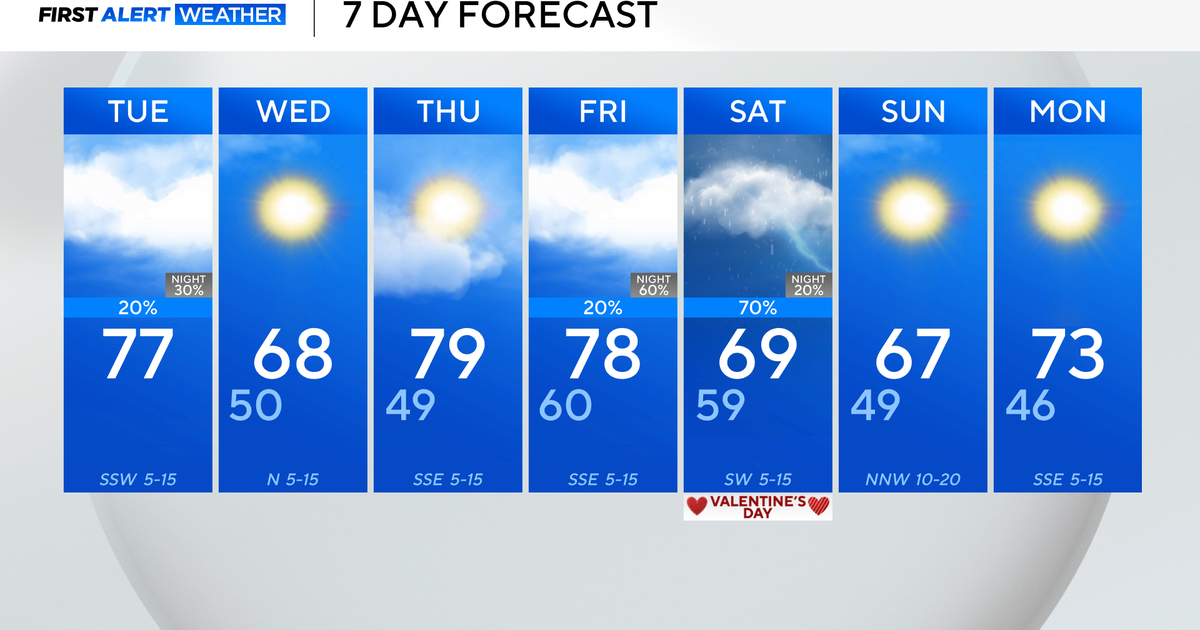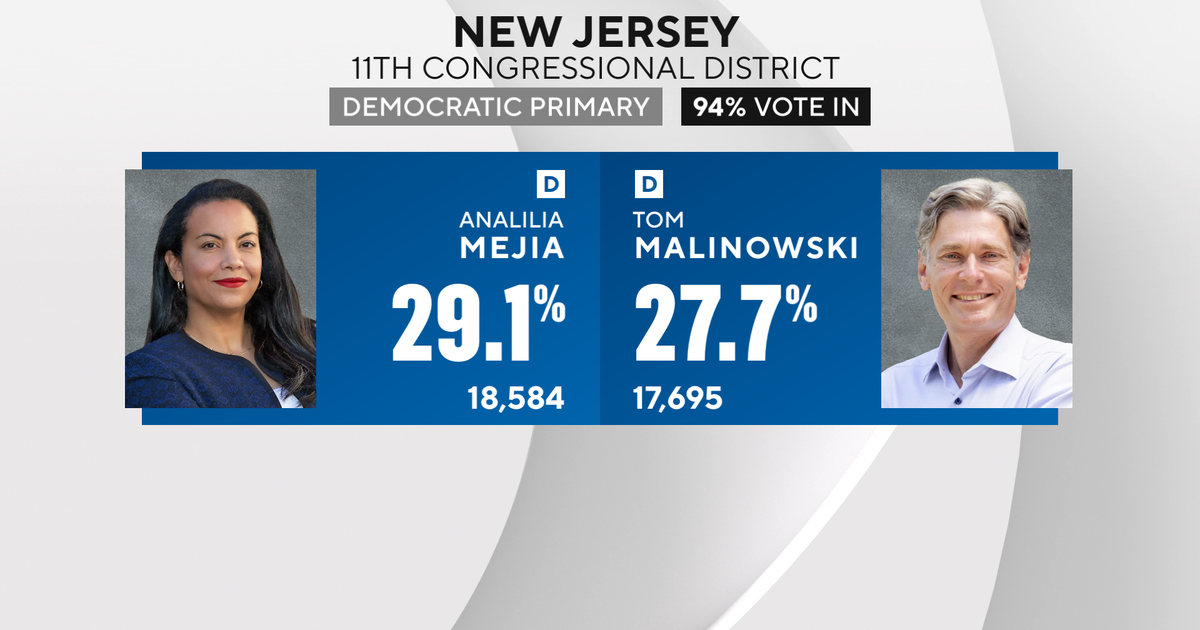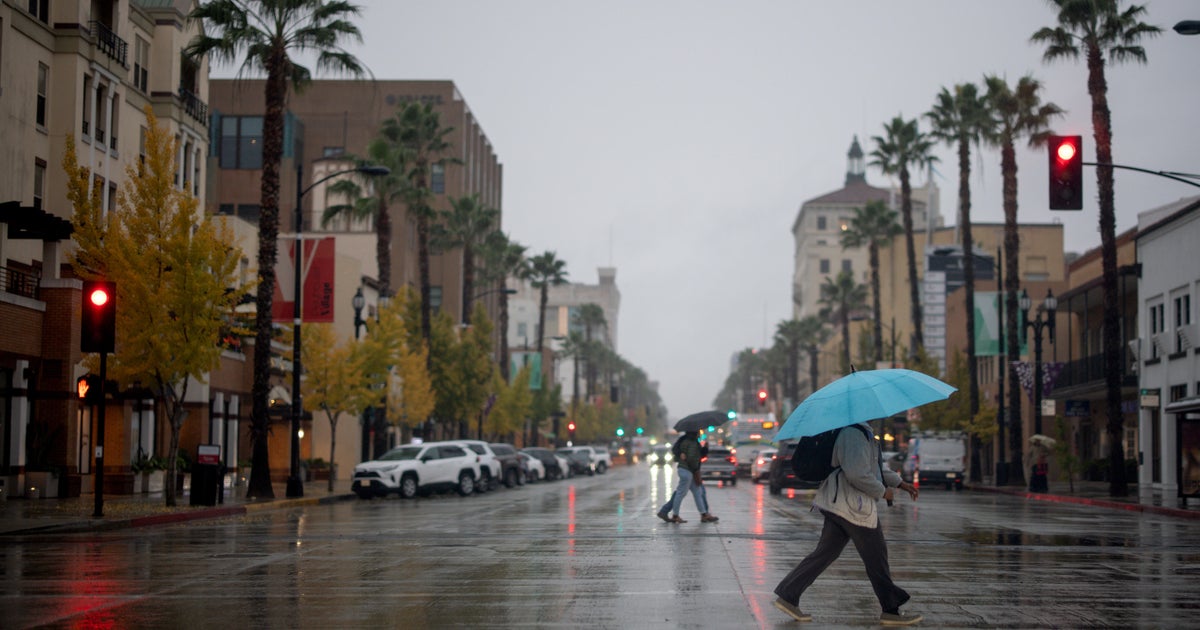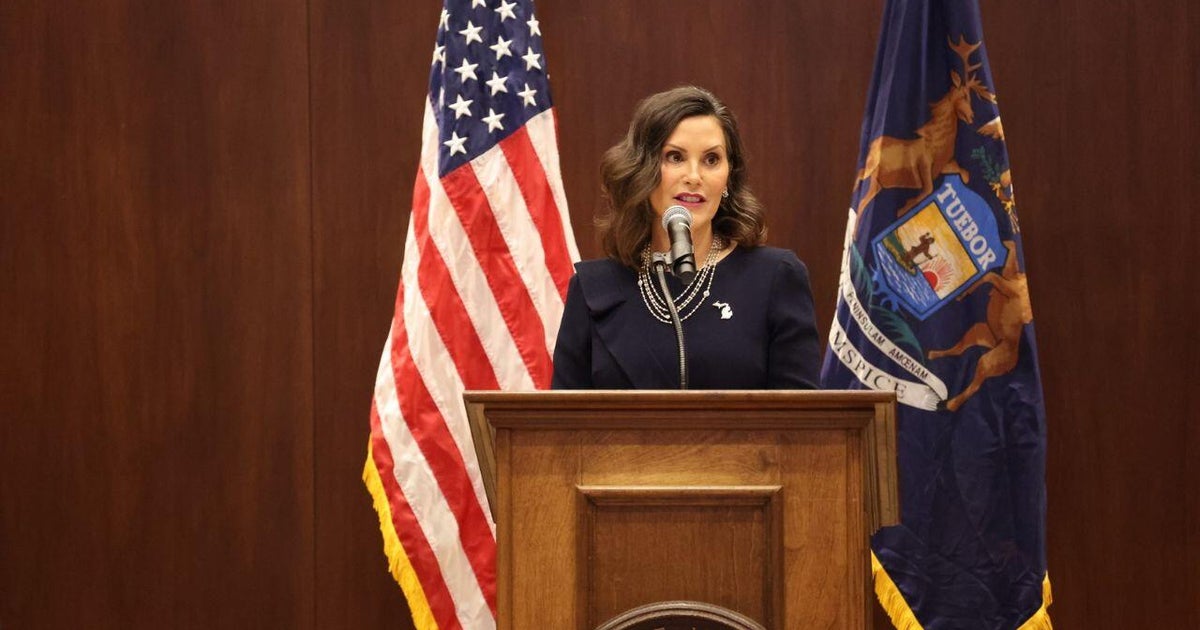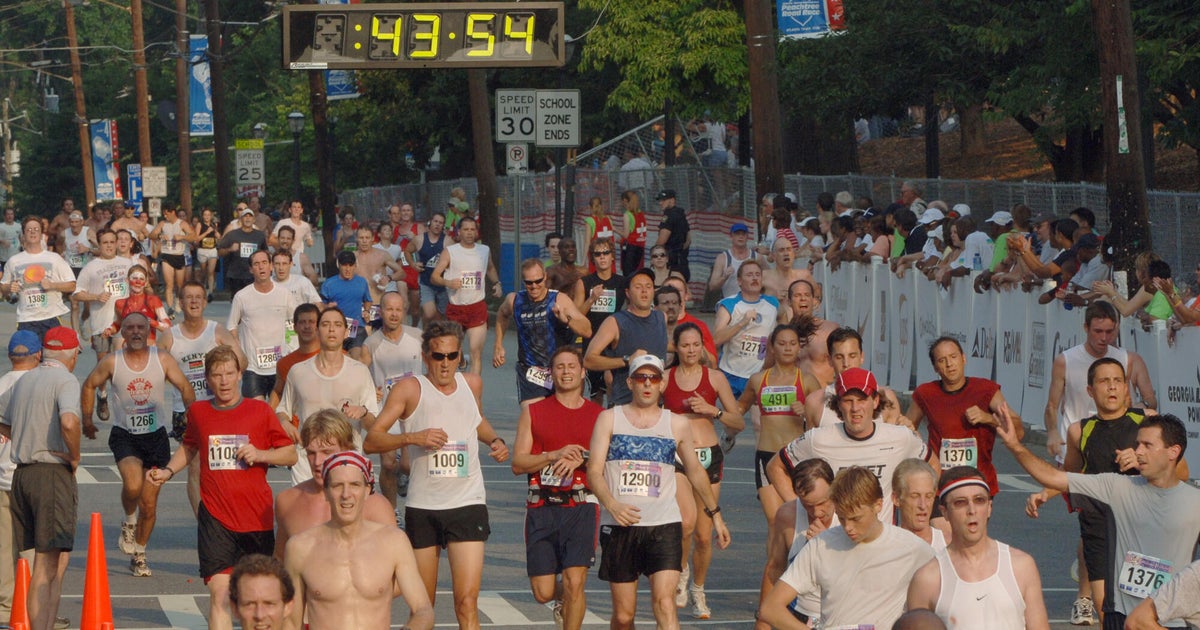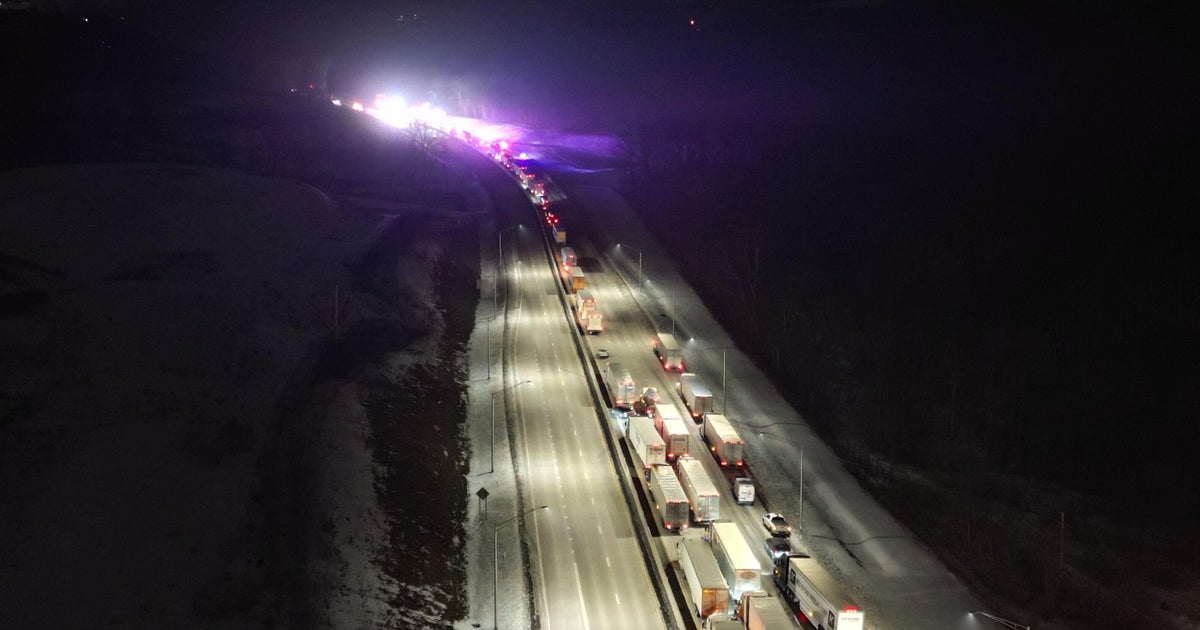Many Texas Races Not Expected To Be Close
AUSTIN (AP) - Texas' top races on Election Day 2012 likely won't have many surprises, and those who went to vote Tuesday morning had to go further down the ballot to find the contests that might turn heads.
The easy calls: Mitt Romney will almost certainly win the state's 36 presidential electoral votes on Tuesday and tea party-backed Republican Ted Cruz will likely complete a once seemingly impossible rise from virtual unknown ex-state solicitor general to the first Hispanic from Texas elected to the U.S. Senate, replacing the retiring Kay Bailey Hutchison.
Cruz's contest against underfunded, former Democratic state Rep. Paul Sadler was expected to be easy compared to his upset victory in the fierce Republican Senate primary, when he shocked Lt. Gov. David Dewhurst, the choice of the mainstream GOP.
The flow of voters was steady at a Lubbock elementary school where two Texas Tech University employees waited about 10 minutes before casting ballots that favored the Democrats.
Betty Blanton, 60, said she voted for President Barack Obama because she didn't think Romney had "what it takes to move us forward."
"The economy is part of it," Blanton said. "But people keep saying Obama has ruined the economy. Well, look at the world. I mean the whole world is in a recession and I don't know why people think the United States isn't going to be affected."
Blanton and 49-year-old Celeste Yoshinoba picked Sadler over Cruz, and Yoshinoba said she was turned off by the tea party.
"It's just such a knee-jerk reaction," she said. "And what it's created is a lot of people to follow something they don't even know they're following. They're following an ideal that if they were to sit down and repeat it themselves, they'd be horrified that they were voting for these people."
Some of the nail-biters could come in the congressional races. Texas gets four new representatives in Congress thanks to adding 4.3 million residents between 2000 and 2010. Republicans are likely to take 23 seats Tuesday, one more than the 22 they won out of 32 possible seats two years ago.
A tight race is unfolding in a sprawling congressional district stretching from San Antonio to eastern El Paso County, where freshman Republican U.S. Rep. Francisco "Quico" Canseco is trying to fend off a challenge from Democratic state Rep. Pete Gallego.
Another squeaker could be the race for the seat Ron Paul is giving up along the Gulf Coast, where Republican state Rep. Randy Weber is squaring off with former Democratic Congressman Nick Lampson.
In the likely winners with surprising backgrounds category is Republican former U.S. Rep. Steve Stockman, who served one term in Congress starting in 1994 but accused the government of "executing" members of the Branch Davidian cult after the siege near Waco. He's now likely headed back to Capitol Hill after waging a low-profile campaign for "re-election" in a district south of Houston.
Then there's Beto O'Rourke, a guitar-playing, twice-arrested former El Paso city councilman who once advocated for legalizing marijuana but nonetheless stunned eight-term incumbent Silvestre Reyes during the Democratic primary and now looks like a shoo-in to go to Congress from heavily Democratic District 16.
In the Texas House, Republicans look likely to lose the 102-vote supermajority that had allowed them to pass legislation even if their Democratic colleagues failed to show up for work. But the GOP will continue to dominate the legislative agenda. In all, 87 of the House's 150 seats are being contested, with 14 of those races looking truly competitive.
In the state Senate, all eyes are on an expensive and increasingly nasty battle between Fort Worth Democratic Sen. Wendy Davis and challenger and tea party Republican state Rep. Mark Shelton. A Davis victory should keep Republicans, who hold 19 of 31 seats, from moving closer to 21-seat supermajority.
Also being challenged is Democratic Sen. Juan "Chuy" Hinojosa in the Rio Grande Valley. State Rep. Raul Torres gave up his Texas House seat to challenge Hinojosa, a 24-year veteran of the Legislature.
All 15 of the Texas Board of Education's seats are also on the ballot. The board's makeup of four Democrats and 11 Republicans could possibly change, though a larger question is if social conservatives will gain more influence.
Six of the board's current Republicans are already considered social conservatives -- an ideological bloc that if it holds or strengthens could dominate discussions next year as the state orders new science textbooks. That may mean a replay of 2009, when some school board members promoted creationism during discussions on curriculum while pushing for Texas public schools to teach "strengths and weaknesses" of evolution.
Voters will also decide on 29 positions for regional Court of Appeals districts, and Texas Supreme Court and Criminal Court of Appeals justices. Two of Texas' top judges are facing hefty ethics fines, but are also expected to win re-election.
The $100,000 fine in 2010 against Court of Criminal Appeals Presiding Judge Sharon Keller and the $29,000 fine levied against state Supreme Court Justice Nathan Hecht in 2008 rank among the largest in state history. But both judges have appealed, and their cases will remain pending until after Election Day.
(© Copyright 2012 The Associated Press. All Rights Reserved. This material may not be published, broadcast, rewritten or redistributed.)
Also Check Out:
